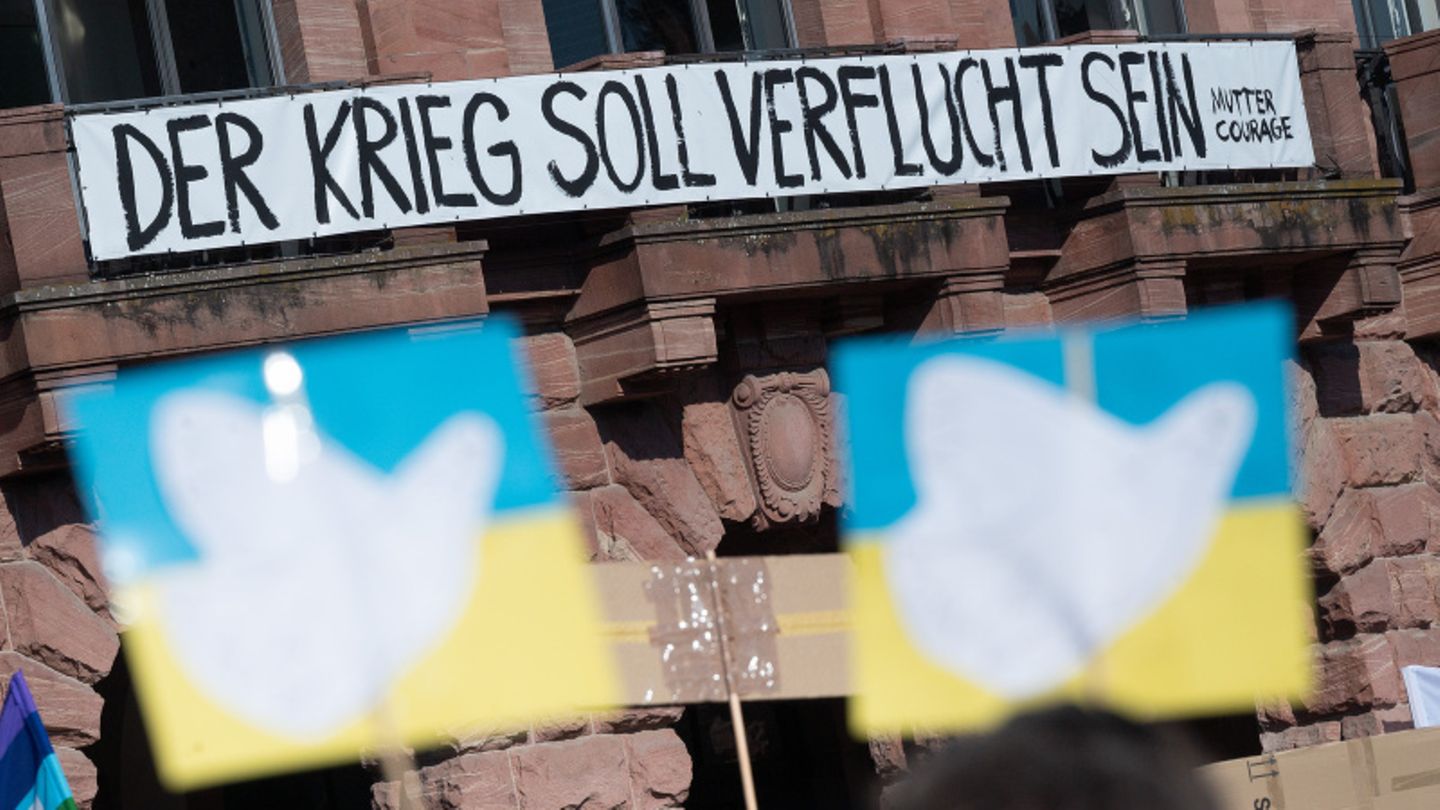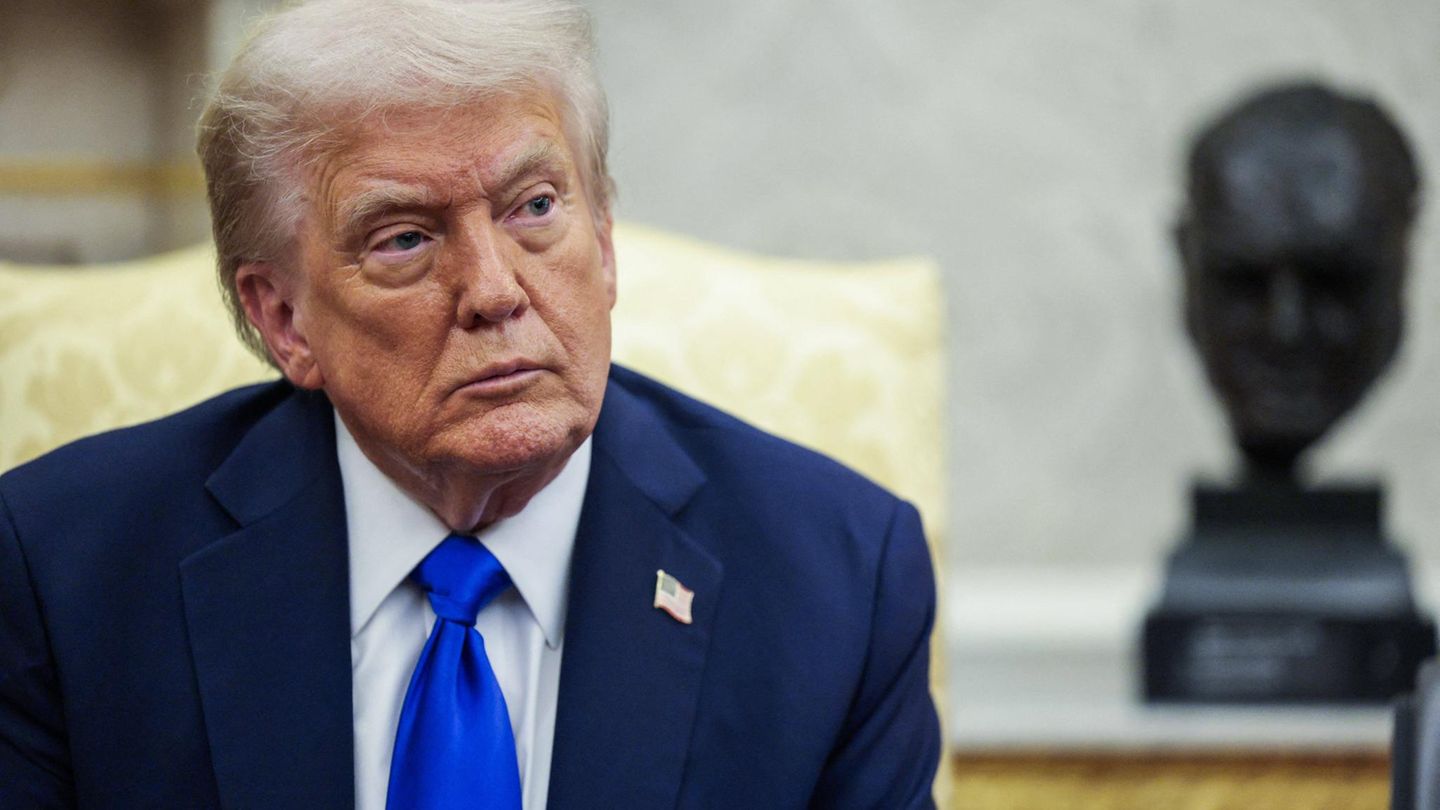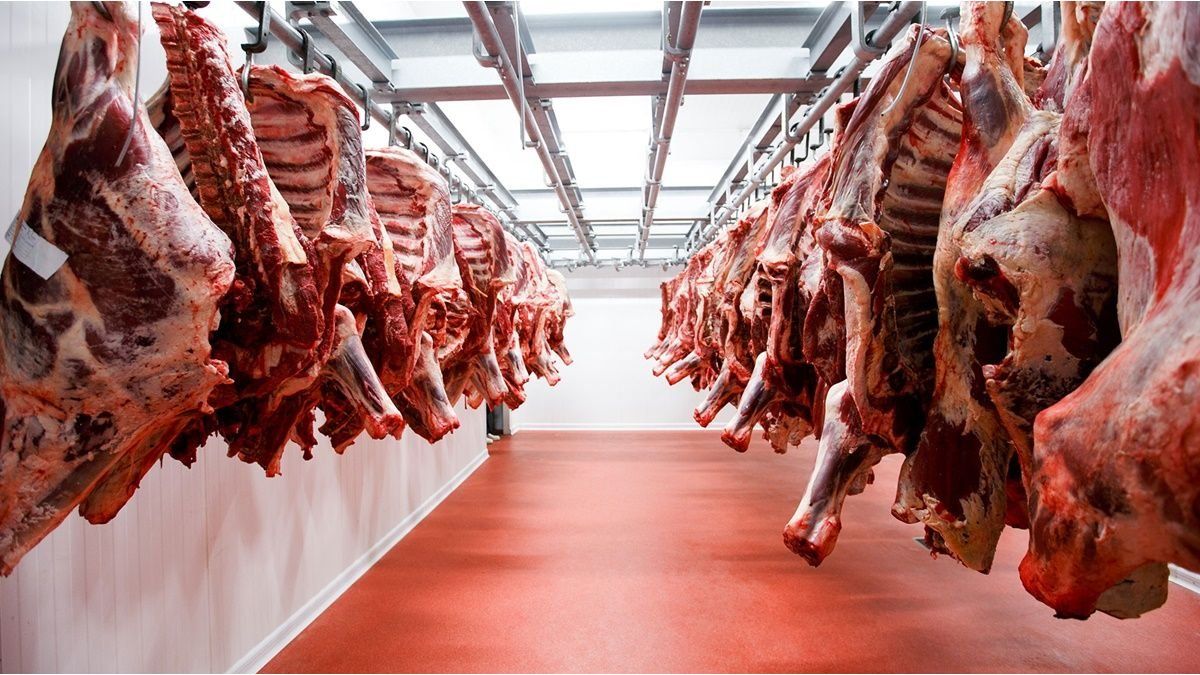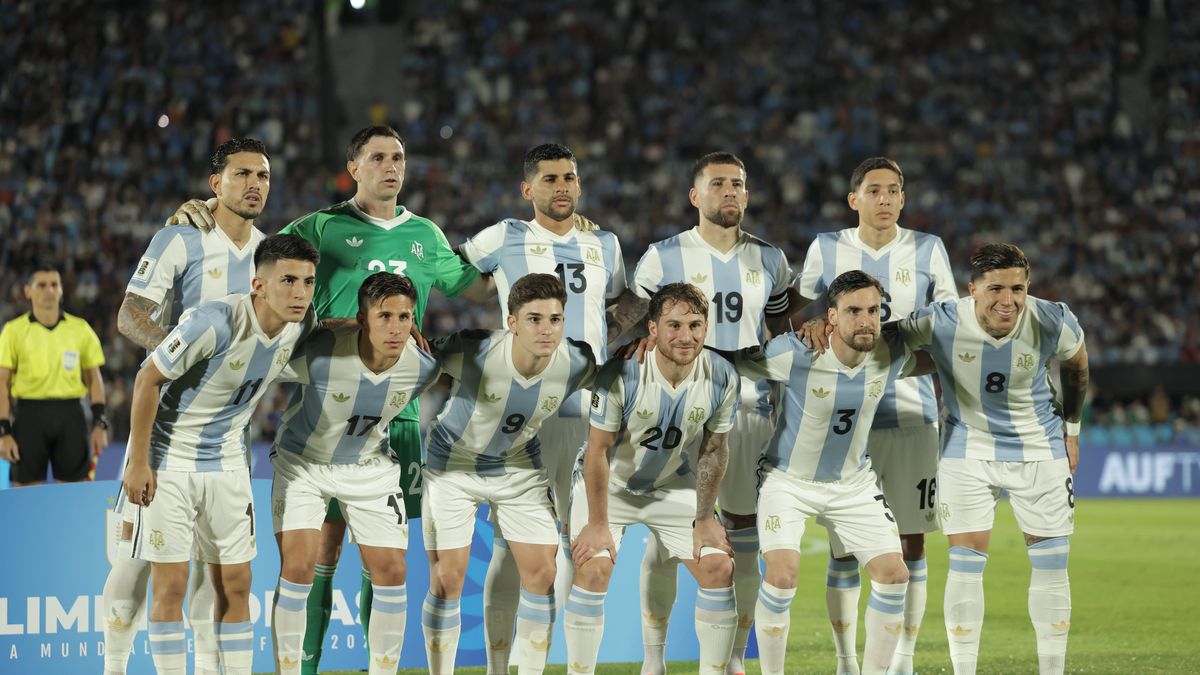The United Nations created the International Court of Justice as a consequence of World War II. Now the court in The Hague is supposed to have a say in the Ukraine war.
Amid fierce Russian attacks, Ukraine has urged the International Court of Justice to do everything it can to stop the violence. “Russia is committing war crimes and crimes against humanity,” Ukrainian representative Anton Korynevych said in The Hague on Monday. “Russia must be stopped.”
For the first time since the invasion of Ukraine, Russia is facing charges of violating the 1948 Genocide Convention before the United Nations’ highest court. But Russia refuses to take part in the hearing, as the presiding judge Joan Donoghue announced at the beginning of the session. The representative of Ukraine spoke of disregard for international law. “They’re not here in the courtroom, they’re on the battlefield. … That’s how they resolve conflicts.”
At the Peace Palace in The Hague, Ukraine’s legal representatives will first present their case. A representative of Russia was due to speak on Tuesday. It is not yet clear when a verdict will be made. Judgments of the court are binding. But the court has no power to force a defeated state to implement the verdict.
Ukraine War: What International Humanitarian Law Governs
To reduce human suffering in war, the international community created international humanitarian law. It sets the rules in times of armed conflict and aims primarily to protect people who are not directly involved in the fighting – such as civilians or prisoners. In addition to the Hague Convention on Land Warfare of 1907, its core elements include the four Geneva Conventions of 1949 with their additional protocols of 1977 and 2005.
They regulate, among other things, how to deal with wounded and fallen soldiers, the treatment of prisoners of war and the protection of the civilian population under foreign rule and in occupied territories. Today, the Geneva Conventions are binding almost worldwide.
UN drew conclusions from Holocaust
As a result of the Holocaust, the United Nations General Assembly had already passed the “Convention on the Prevention and Punishment of the Crime of Genocide” in 1948, which came into force in 1951 – another key element of international humanitarian law. According to Article 2 of the UN Convention, “acts committed with intent to destroy, in whole or in part, a national, ethnic, racial or religious group”.
The International Criminal Court in The Hague, the highest court of the United Nations, has been prosecuting violations of international humanitarian law such as genocide, war crimes and crimes against humanity since 2002. The contractual basis of the “World Criminal Court” is the Rome Statute, which was passed in Rome in 1998 and came into force in 2002.
Source: Stern
David William is a talented author who has made a name for himself in the world of writing. He is a professional author who writes on a wide range of topics, from general interest to opinion news. David is currently working as a writer at 24 hours worlds where he brings his unique perspective and in-depth research to his articles, making them both informative and engaging.




